Our Lenders
We work with trusted brokers to give you access to a panel of leading lenders well placed to meet your needs at the lowest rates.

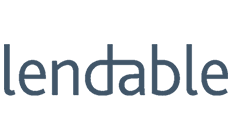


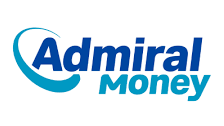
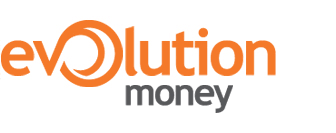

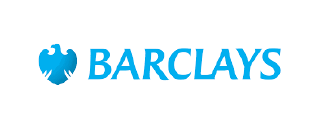
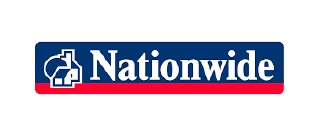

5 year fixed rate mortgages are a popular option with people looking to buy a home. In this guide, Proper Finance explores some commonly asked questions about five year fixed rate mortgages, including their pros and cons.
What Is a Five Year Fixed Rate Mortgage?
A five-year fixed rate mortgage is a type of mortgage that locks the interest rate for five years, regardless of whether the Bank of England’s interest rates go up or down.
This is in contrast to a standard variable rate mortgage, in which the interest rates can go up or down at your lender’s discretion, usually aligning with the Bank of England’s interest rates. After five years, your mortgage will become a standard variable rate mortgage.
What Is the Average Five Year Fixed Rate Mortgage Today?
The rates of your fixed rate mortgage are affected by the overall economic climate of the country. The economic climate of the country can cause lenders to price up the rates of their loan products to mitigate risk. Although the average rate is currently around 6.5%, this could change very soon.
Partnered with
How Do I Choose the Best 5 Year Fixed Rate Mortgage for Me?
Here are some factors to consider when choosing a lender for your 5 year fixed rate mortgage:
- The rate: The higher your deposit, the lower the rate will be. But even with the same deposit, different lenders may offer more competitive rates. The lower the better.
- The arrangement fees: Be aware that some of the best fixed rate mortgage deals come with high arrangement fees. You can check this with the APRC.
- Additional charges: Always read the fine print to avoid hidden fees.
What Deposit Do I Need for a 5 Year Fixed Rate Mortgage?
Most lenders will want you to have a deposit of at least 10-15% of your property’s overall value in order to take out a fixed-rate mortgage. In order to get the cheapest deals, you can opt to save up for an even higher deposit.
You may even be able to get a mortgage with a 5% deposit using the Government’s Mortgage Guarantee scheme.
What Other Mortgage Options Do I Have?
There are a huge number of other options for you to consider if your primary concern when taking out a mortgage are the interest rates. For example:
- Two year fixed rate mortgages
- Ten year fixed rate mortgages
- Tracker mortgages
- Discount mortgages
What Are the Advantages of a Five Year Fixed Rate Mortgage?
Using a fixed rate mortgage will give you security, and you will know exactly how much you need to pay each month. This makes budgeting easier.
It means that even if interest rates rise, your mortgage payments will stay the same. This can give you some protection in case interest rates soar.
What Are the Disadvantages of a Five-Year Fixed Mortgage?
If interest rates fall, you will be stuck paying a higher rate than you would have if you had used a tracker mortgage.
You will also likely have to pay an arrangement fee upfront, or have the fee’s costs added to your monthly mortgage repayment. In the latter case, the interest you pay on the fee can add up over time.
It will also be expensive to change your mortgage during a fixed term. If you want to leave your mortgage, you will have to pay a penalty. You may face early repayment charges, which can cost thousands of pounds.
Partnered with